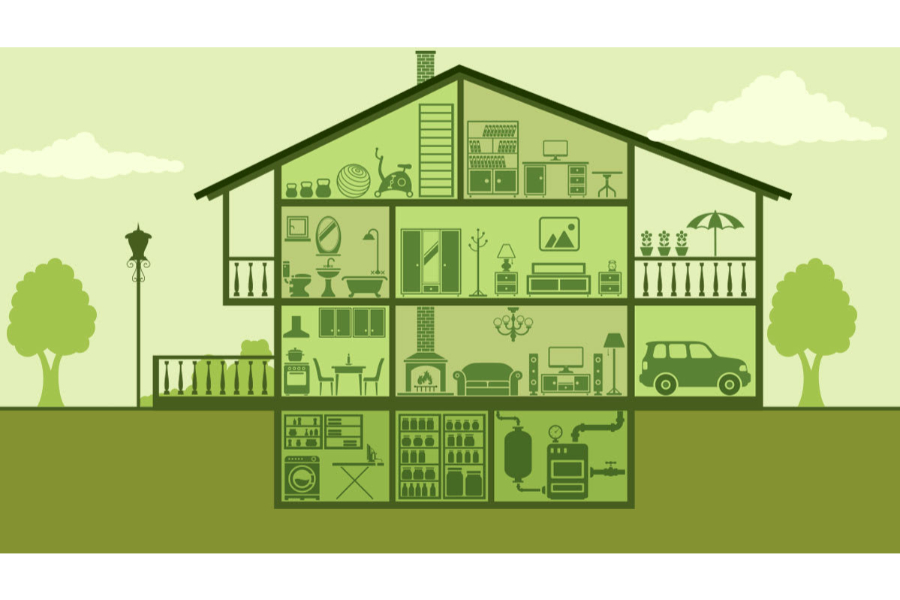Blood and bodily fluids contain pathogens that can lead to severe health complications or even death if exposed to it. These pathogens are referred to as biohazards. However, many people are confused as to whether to classify dry blood as dangerous. Regardless of the circumstances, crime scene cleaners always wear protective gear to reduce the risk of exposure.
What is Biohazard?
Biohazard is a dangerous biological substance that poses a lot of health risks to human. Exposure to certain pathogens can be fatal. Biohazards can also be a real threat to other animals and the environment at large if not handled properly. Examples of biohazards are listed below:
- Bacteria
- Toxins
- Microorganisms
- Viruses
However, there is a list of bloodborne pathogens that are a serious threat to human beings. These include HIV, Hepatitis B, and Hepatitis C.
For many people, they think these viruses die as soon as the blood is completely dry. But that’s not true. The same generally holds true for other lesser known bloodborne pathogens as well. With this being factual, another reality is that pathogens of different types can morph over time. While nothing stated here is intended to be alarmist, in the final analysis, no one can state without reservation that the time might come in which dried blood could harbor a dangerous and living pathogen.
If blood is not completely dry, odds are there are living pathogens such as HIV and hepatitis still highly active in there. It is therefore important that you take precautions when cleaning up blood spills, whether dry or not. And if it is dry, there is a high possibility that the blood may cause little or no harm if you come in contact with it.
And just because you think blood is dry and safe doesn’t mean you should not take precaution. Unknown to many, there are many other dangerous pathogens lurking around. Blood pathogens are capable of contaminating other biological materials such as the various kinds of bodily fluids and tissue. No matter what the blood cleanup entails, it is best to get yourself fully prepared for the tasks. You need to use the right personal protective gear to prevent the risk of exposure.
Why Do Crime Scene Cleaners Wear Personal Protective Gear
The importance of personal protective gear cannot be overemphasized. Crime scene cleaners are expected to protect themselves from dangerous bloodborne pathogens hence the need for protective great. Asides the training and experience, experts in crime scene cleaning must have personal protective equipment (PPE). This gear includes
- Goggles
- Mask
- Gloves
- Apron
With the potential risks in blood cleanup, it is important to know when it’s necessary to get help from professional crime scene cleaners. A basic rule of thumb is that you should not engage in blood cleanup yourself, no matter the circumstances. The only exception would be if the blood was your own.





